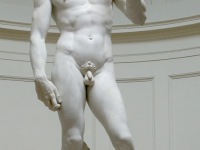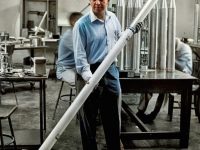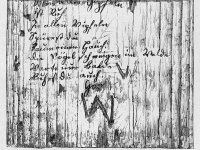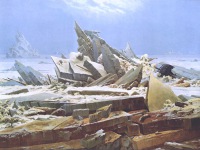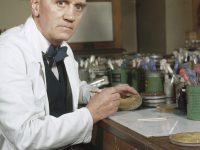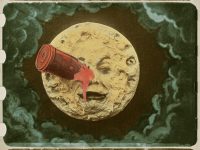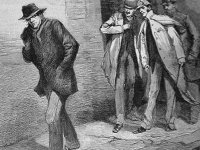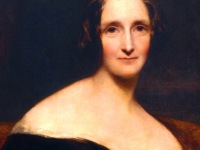Not Simply a Piece of Marble – Michelangelo’s David
On September 8, 1504 Michelangelo‘s David, a masterpiece of Renaissance sculpture, was unveiled in the city of Florence. The 5 metres high and 6 tons heavy marble statue depicts the Biblical hero David, right before his fight with the enormous Philistine warrior Goliath with the slingshot already on his shoulder, which is special because previous sculptures or art works, like the one’s by Andrea del Castagno or Donatello show David after the famous…
Read more











